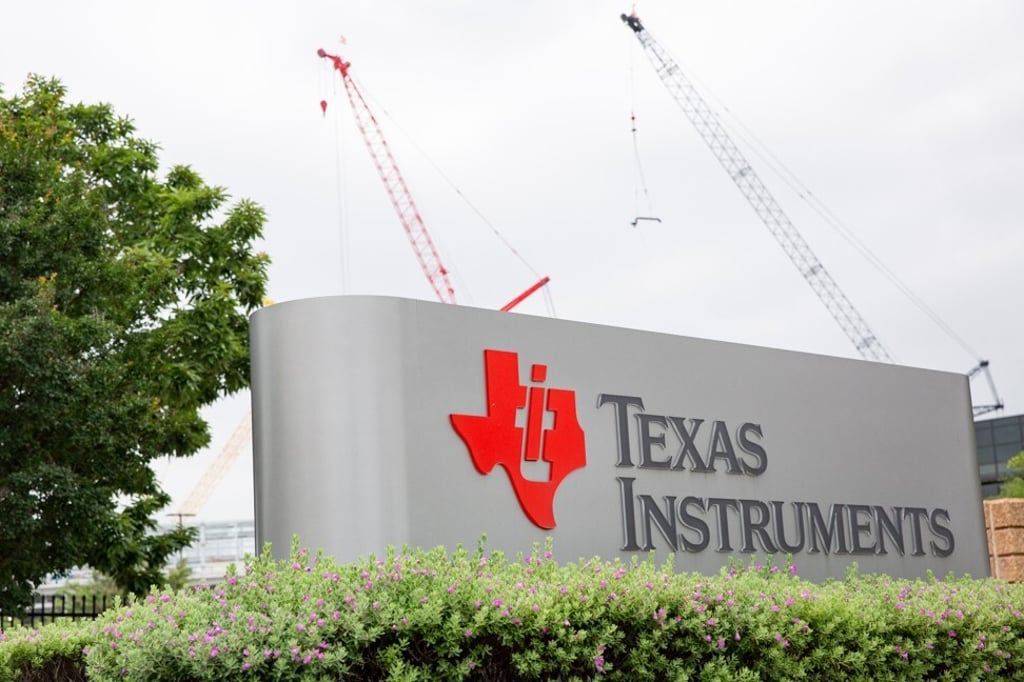Texas Instruments, one of world’s largest chip makers, worries industry will make too many semiconductors
- Amid a surge in investment to expand production capacity, chip makers fear profits will take a hit when global demand subsides
- Analysts question whether chip makers are seeing the first signs of a slowdown in the notoriously cyclical industry

In the latest sign of concern over demand, Texas Instruments (TI), one of the largest makers of chips, warned that revenue for the third quarter could fall short of some analysts’ estimates. Sales will be US$4.4 billion to US$4.76 billion in the period ending in September, the company said, compared with analysts’ prediction of US$4.59 billion. The company’s shares fell about 4 per cent in extended trading.
The forecast was particularly puzzling because it came after TI, the world’s largest maker of analogue and embedded processors, reported a 41 per cent surge in second-quarter revenue. It led to a barrage of questions from analysts on why the company is not more optimistic and whether we are seeing the first signs of a slowdown in the notoriously cyclical industry.

Management cautioned that TI could not anticipate whether demand is peaking or whether growth at the current levels is sustainable.